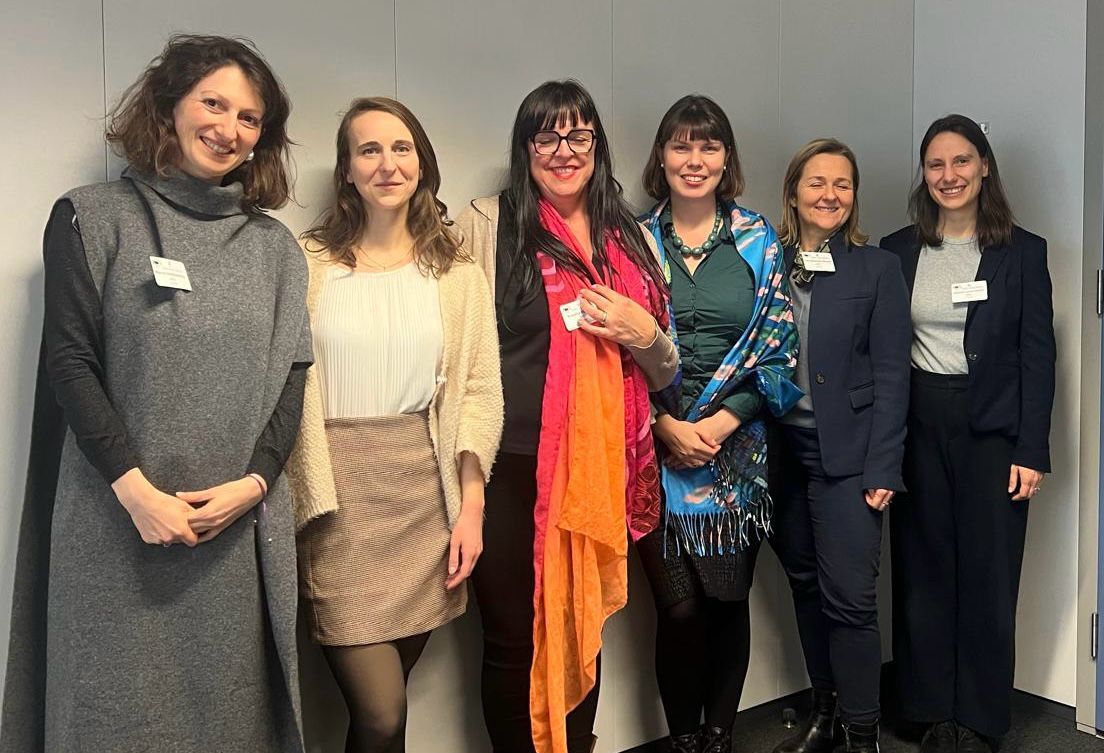Infertility and involuntary childlessness are increasingly pressing challenges in the Europe. Infertility as a medical issue affects 1 in 6 couples in the region, impacting at least 25 million people only in the EU. Involuntary childlessness affects even more individuals and couples struggling to conceive due to a wide range of medical, social, and personal factors. Although the right to a family is recognized by the UN Universal Declaration of Human Rights, practical obstacles remain, including access to information, diagnosis, and treatment. Moreover, evolving family structures require inclusive policies upholding people’s reproductive autonomy, including for the LGBTQIA+ community and discriminated groups who have historically faced significant hurdles, ensuring they are no longer denied their right to choose.
In recent years, the EU has taken steps to address some aspects of these issues. In June 2021, the European Parliament adopted a resolution on Sexual and Reproductive Health and Rights, urging EU countries to protect and improve women's sexual and reproductive health. Equally important, in 2019, European Commission President Ursula von der Leyen appointed Dubravka Šuica as Commissioner for Democracy and Demography to tackle challenges like infertility. Šuica's mandate includes identifying necessary support, such as investments in infrastructure and services for those most vulnerable to structural hurdles.
Despite these important steps, more action is needed at both national and EU levels. Diverse national attitudes and economic conditions across the region have led to unequal access to fertility education and treatment, driven by various legal, financial, educational, infrastructural, and psychosocial factors. These challenges are compounded by discriminating and inadequate legal frameworks, limited public information and funding, as well as awareness and medical care for conditions affecting fertility.
Additionally, economic instability and the climate crisis are generating uncertainty, causing many to abandon their plans for the family or to delay childbearing until later in life, when conceiving becomes increasingly difficult.
Organizations like Fertility Europe and the European Parliamentary Forum for Sexual and Reproductive Rights (EPF) have been pivotal in bringing reproductive autonomy and involuntary childlessness to the fore, through educational initiatives, research, and the facilitation of policy discussions. Building on these efforts, our Coalition aims to foster collaboration among stakeholders addressing these multifaceted challenges.
Our coalition urges European policymakers to treat involuntary childlessness as a human rights issue and a critical matter of social justice, with implications for economic stability. We advocate for policies that provide support, access, and funding for fertility treatments without the need for individuals to delay treatment, in order to save necessary funds for care. Furthermore, we emphasize the need for socio-economic changes ensuring the dismantling of gender norms, which affect equal access to employment and fair wages, shared household and childcare, as well as measures addressing fertility preservation, cancer, environmental pollution, and the nefarious impact of endocrine disruptors. Through our joint efforts, we stand ready to collaborate on effective policies to ensure free choices in family life become a reality for all across Europe.




.png)